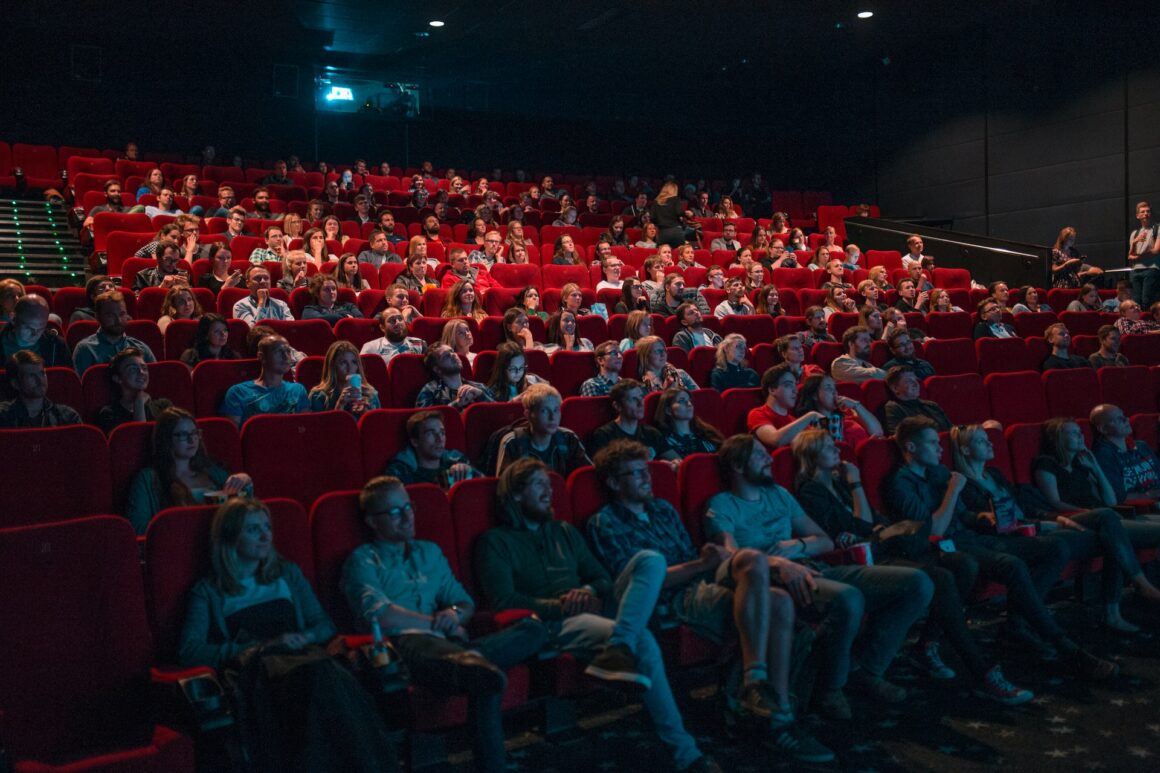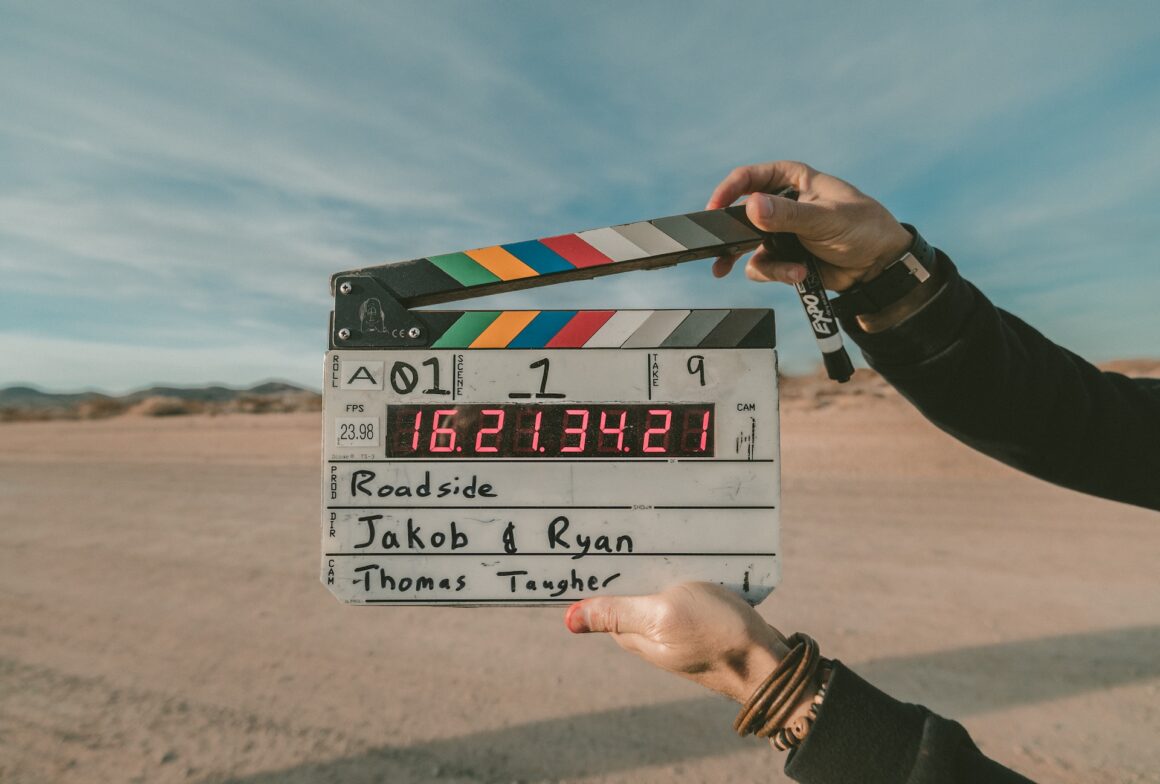
Fast fashion is notorious for its negative social, ethical and environmental impact. Given that the industry is the second biggest polluter in the world, it’s no surprise that buzzwords like “sustainable fashion” are gaining momentum. While some big-name brands like Stella McCartney are already established as eco-friendly, here are some more totally cool, totally green sustainable brands to watch.
Reformation
Founded by Yael Alflalo, Reformation, runner-up in the 2014 CFDA/Lexus Eco-fashion Challenge, is one of today’s most coveted sustainable brands—and for good reason. Their fashion-forward, feminine garments are manufactured using pro-social technologies, sustainable methods, and materials, such as sustainable fabrics and over-ordered dead-stock from fashion houses. From luxe fabrics to prints, the collection has it all. The company also invests in green building infrastructure to minimize waste. On their website, each garment is also accompanied by a RefScale which tracks the environmental costs of making each garment, tracking the carbon dioxide, water and waste savings. Over three-quarters of its management team are women or people from underrepresented populations. From clean energy and a heat reflecting roof in its factory to recycled hangers and eco-friendly packages, this brand definitely has sustainability at the core of its operations.
Shaina Mote

Modern, fresh, light and sleek designs in neutral colors, with a balance of luxurious, dressy pieces and more relaxed, casual one. The clean lines are sure to make the garments relevant for a long, long time.
All design and production are done in LA, promoting domestic apparel manufacturing and supporting the local economy. Shaina Mote heavily emphasizes using natural, renewable fibers and avoiding petroleum-based synthetics that harm the environment. Tencel, micromodal, and rayon are some of the brand’s go-to fibers.
People Tree
People Tree has a great range of clothing that seamlessly fits into anyone’s wardrobe, offering knits, prints, dresses, quirky tops, trousers, yoga pants, nightwear and more. There’s something for everyone in their versatile range. It was the first company to implement the seed-to-garment supply chain for organic cotton. Currently, 90% of its products and materials are sourced from certified fair trade supplies; however, their aim is to raise it to 100%. Each piece is made with the goal of minimizing the harmful effects of cotton production, such as water and oil pollution.
Kowtow
Kowtow’s crisp, minimalistic aesthetic plays with shape and structure to create garments that are both basic and flexible. Laid-back loungewear and simple staples make this brand a favorite.
Kowtow (which literally means “kneel and touch the ground with the forehead in worship or submission”) stresses both social & environmental responsibility. They use 100% certified organic cotton that is ethically and sustainably made from seed to garment. All fabric dyes are Global Organic Textile Standard (GOTS) approved, meaning they are free from hazardous elements such as nickel, lead, pesticides and heavy metals. Buttons are made from recycled hemp.
Social responsibility is a vital priority of Kowtow; the factory sponsors projects such as Girls Education programs in the farmers’ villages and supports community development. In addition to working in safe conditions, all employees receive a living wage, free transport to the factory, paid holiday leave, sick pay, medical insurance, subsidies lunches, overtime pay, house rent, and the factory pays for their social security and pension funds. The employees’ children all receive free schooling.
Everlane
One of the core elements that sets Everlane apart is their pricing transparency. They reveal a breakdown of the true costs of making their products and tell you their markup, so you know exactly what you’re paying for. By selling directly to the customer online, they can offer high-quality pieces at prices lower than tradition retailers by cutting out the costs that come along with brick-and-mortar stores. They offer both womenswear and menswear, as well as shoes, bags, and accessories. The collection is made up entirely of basics, aligning with the company’s goal to create lasting styles. Everlane launched with a single, basic t-shirt in 2011—it still sells that same tee today!
The apparel feels very NYC: clean, simple, slouchy styles in monochromatic, solid colors such as black, gray, white and denim blue.
K/LLER COLLECTION
Designers Katie Deguzman and Michael Miller met in 2000 at Parsons School of Design and Technology. Ten years later, they came together to found K/LLER COLLECTION and won the CFDA/Lexus Eco-Fashion Challenge in 2014. The jewelry company uses recycled brass and recycled sterling silver to create edgy pieces that radiate a rebellious spirit, inspired by the creators’ interest in rusted tools, alchemy, and androgyny.
Baserange
Baserange is probably best known for their sustainable underwear, which is a cross between lingerie and sports underwear. Since launching in 2012, the brand has expanded to swimwear, tops, and bottoms, all of which have their trademark subtle, soft and easy silhouettes. All garments are made with the belief that “sustainable products should not be a luxury.”
Baserange works exclusively with small family-based factories in Porto, Portugal and is conscious of reducing their carbon footprint. They also pay close attention to the production process and its impacts on the environment. While they try to meet their sustainable standards, the company recognizes its limitations and promises to be transparent and inform the customer when sustainable solutions aren’t possible. All dyes used are Öko-tex or GOTS certified, reducing water loss and omitting toxic elements.










